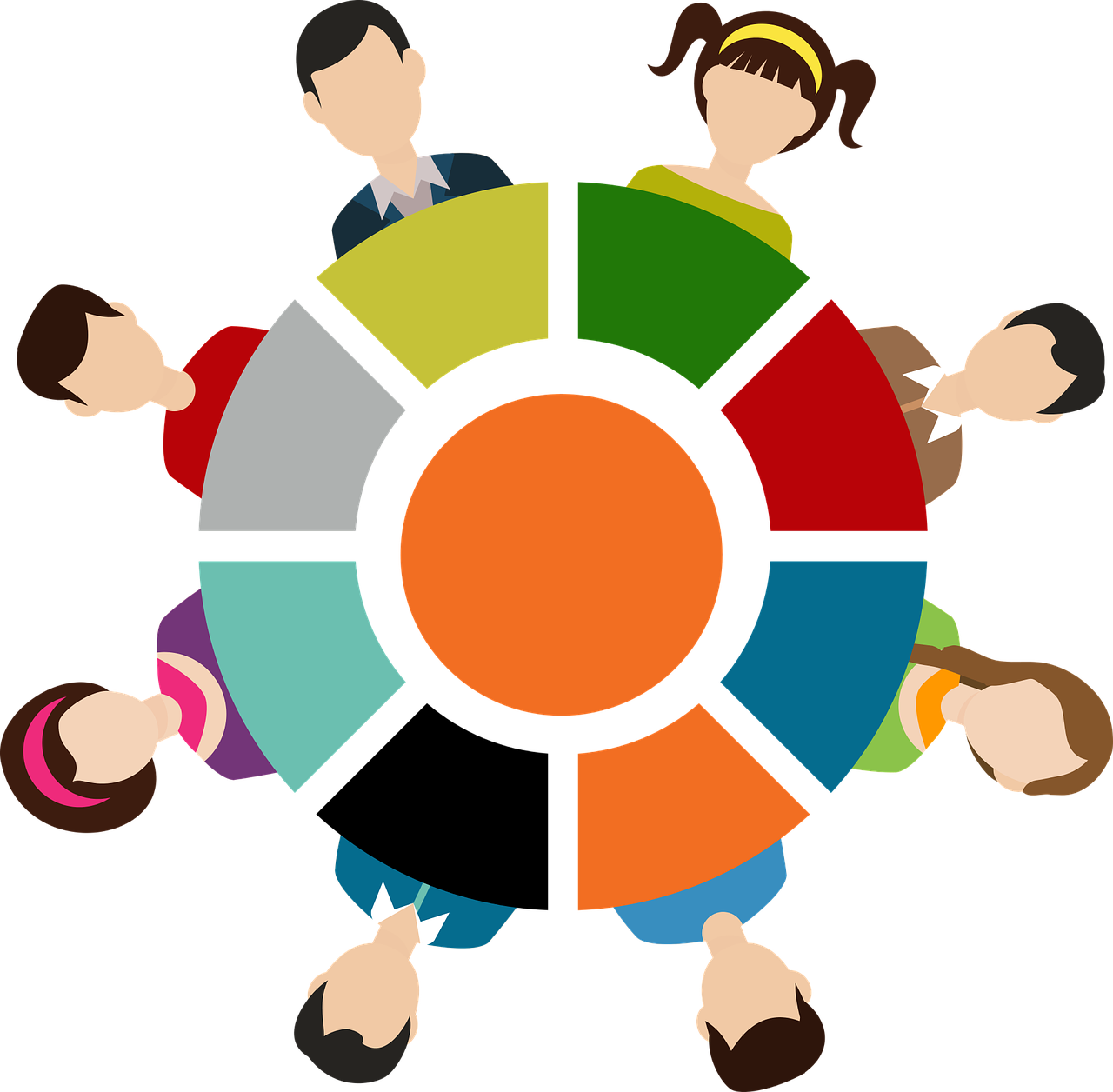Emotional intelligence is often touted as vital for a good team leader to possess, but a level of emotional intelligence is also necessary among team members for them to carry out their team roles in a cooperative and collaborative manner. Emotional intelligence is considered synonymous with self-awareness and emotional empathy but actually, a whole range of feelings and behaviour come under the umbrella of emotional intelligence. One of the most accurate definitions of emotional intelligence is that it is ‘the cognitive appraisal of emotional information’ (Swinburne Australian University).
Some key factors that collectively explain the scope of emotional intelligence are given below:
- Sense Moods and Emotions: Awareness of one’s own emotions, the ability to put oneself in another person’s shoes whilst understanding their emotions and the ability to gauge other’s moods and respond accordingly.
- Respond Appropriately to Various Situations: The ability to feel and express genuine emotions such as happiness, sadness, fear or even anger as the situation warrants.
- Regulate Emotions: Able to gain control over one’s emotions and manage one’s moods better.
- Social Adeptness: Being courteous and considerate, able to communicate effectively and not rub people the wrong way.
Emotional intelligence can facilitate better work place relationships. Many experts involved in research in this area of human psychology, find that those individuals with a high level of emotional intelligence tend to be more positive, affable and friendly. They are able to adapt to different situations and cope with stress better. High emotional intelligence is also associated with a better work approach that is goal directed and achievement oriented. All these characteristics are certainly desirable in teams and pave the way for effective teamwork.
Well developed emotional intelligence can help team members immensely in carrying out their team responsibilities better. It can have a minimizing effect on conflicts and can create a more cohesive and cooperative team environment. There are formal testing methods that can actually provide scores on the level of emotional intelligence of each individual. It is certainly worth assessing your teams on their emotional intelligence levels and if found lacking, there are workshops and seminars that can help your teams redirect their thinking patterns and behaviour and change for the better.
References:
http://www.kaaj.com/psych/scales/ei.html
http://www.6seconds.org
 Team Building Portal
Team Building Portal